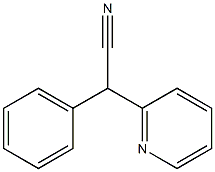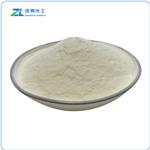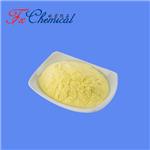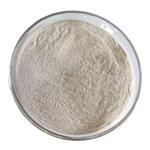Benifits for Skin
Extract from soybeans, containing isoflavones, possess strong anti-inflammatory and antioxidant properties
that protect skin from photodamage and improve anti-aging properties of skin cells. After UV exposure, treatment with soybean extract results in increased catalase activity, which normally converts
hydrogen peroxide to water and oxygen and circumvents its conversion to reactive oxygen species in
the cell. Moreover, the expression of cyclooxygenase (COX), an enzyme involved in the production
of inflammatory prostaglandins, also increases after UV irradiation. COX expression is significantly
decreased in skin pretreated with soybean extract. Finally, soybean extract also decreases the level of
proliferating cell nuclear antigen (PCNA), a marker for DNA damage, in skin cells after UV irradiation.
As a result, soybean extract targets cellular enzymes to prevent keratinocyte apoptosis, decreases transepidermal
water loss and the level of inflammation to protect from skin damage due to photoaging.
Soybean protein has also been shown to inhibit the formation of skin proteinases and increase trichoblast
and atrichoblast numbers in skin.
Soybean protein is frequently used to counter skin aging in moisturizers, cleansers, and hair strengtheners.
In clinical trials, soybean has been shown to increase papillae index of skin, fibrillogenesis, and
the production of GAGs in the ECM. Soy-derived serine protease inhibitors have also been clinically
used to treat hyperpigmentation. This occurs by inhibition of enzymes that mediate keratinocyte
phagocytosis of melanosomes. Scientists have also recently discovered that fermentation of soybean
extract produces additional peptides that aid in the in vivo inhibition of enzymes involved with lipid
peroxidation of cells.
Description
Soy protein isolate is a dietary additive that includes a certain amount of carbohydrates, associated sugars and fibre. It is processed in exactly the same way, but everything is removed, except the protein. All carbohydrates and fibre are extracted from eth already defatted beans. This leaves an all-protein end result that is more ‘pure’ than its counterpart.
Uses
Soy Protein is the protein obtained from soybeans, containing the essential amino acids. The most common forms are soybean flour (approximately 50% protein), soybean concentrate (approximately 70% protein), and soybean protein isolate (approximately 90% protein). It is used in sausages, snack foods, and meat analogs to provide emulsification, binding, moisture control, texture control, and protein fortification. It is also termed soy protein.
Health effects
More refined and processed than standard soy protein, isolate has a high biological value. This means Soy protein isolate is easily absorbed by the body and most of it is used. This makes it ideal for athletes and very active people. As a result, it is commonly found in supplements such as protein bars and shakes, fortified dairy products, and meat substitutes.



